13th anniversary of Rambouillet conference
Today marks 13 years since the start of the unsuccessful international conference dedicated to the Kosovo crisis held in Chateau Rambouillet near Paris.
Monday, 06.02.2012.
12:00

Today marks 13 years since the start of the unsuccessful international conference dedicated to the Kosovo crisis held in Chateau Rambouillet near Paris. The failure of the conference resulted in NATO's 78-day bombing campaign against the Federal Republic of Yugoslavia (SRJ), the withdrawal of the Yugoslav security forces from Kosovo-Metohija based on the Kumanovo Peace Treaty and 1244 UN Security Council Resolution, and the establishment of a provisional UN administration in the province. 13th anniversary of Rambouillet conference The three-week talks in Rambouillet were initiated by the Contact Group, while the international mediators were Christopher Hill of the U.S., Boris Majorsky of Russia, and EU's Wolfgang Petritsch. Serbia's 13-member delegation was headed by then Deputy PM Ratko Markovic, while the Kosovo Albanian delegation was led by one of the commanders of the so-called Kosovo Liberation Army (KLA) and current Prime Minister of Kosovo Hashim Thaci. The ethnic Albanian delegation also comprised Edita Tahiri, who is today the chief of the Pristina negotiating team in the ongoing EU-sponsored talks with Belgrade. The Serbian delegation said it would not engage in direct negotiations with terrorists, and for that reason the talks were realized by means of shuttle diplomacy, with delegations sitting in different rooms and communicating through written notes and mediators. Pristina's side conditioned signing of the offered agreement by a referendum on self-determination, and Belgrade's authorities refused to accept the arrival of foreign troops, as well as the referendum on Kosovo's self-determination. However, on the last day of the conference, February 23, both sides accepted the agreement on Kosovo-Metohija on certain conditions. The Serbian delegation agreed in principle to the political part - a wide autonomy of Kosovo, but unequivocally rejected the military annex to the agreement, noting that its implementation would practically mean the occupation of the SRJ as its sovereignty would be curtailed. The new summit of Serbian authorities and Kosovo Albanians commenced on March 15, 1999 at the Centre Kleber in Paris, but after several days another attempt at reaching a solution for the Kosovo crisis failed. NATO launched its war against Yugoslavia on March 24, 1999. The campaign ended on June 9, 1999 with signing of the Kumanovo Agreement, which stipulated the withdrawal of Yugoslav security forces from Kosovo and deployment of international forces. Following that, the UN Security Council adopted Resolution 1244, a document establishing the international presence in Kosovo - UNMIK as a civilian mission and KFOR as a military one. On February 17, 2008, Kosovo's ethnic Albaniasn unilaterally proclaimed its independence, an act that was deemed illegal by Serbia, and that has since been accepted by 86 of a total of 193 UN member countries. The countries that did not recognize the independence include, among others, powers such as Russia, China, India and Brazil. Last year, Belgrade and Pristina began an EU facilitated dialog on technical issues. A total of eight rounds of the Brussels-based dialog have been held so far, yielding agreements on the issues of freedom of movement, customs stamp and cadastres, civil registries, mutual acceptance of university diplomas and integrated control of administrative crossings. The talks also discussed the issue of representation of Kosovo in international forums, but a solution has not yet been found. Tanjug
13th anniversary of Rambouillet conference
The three-week talks in Rambouillet were initiated by the Contact Group, while the international mediators were Christopher Hill of the U.S., Boris Majorsky of Russia, and EU's Wolfgang Petritsch.Serbia's 13-member delegation was headed by then Deputy PM Ratko Marković, while the Kosovo Albanian delegation was led by one of the commanders of the so-called Kosovo Liberation Army (KLA) and current Prime Minister of Kosovo Hashim Thaci.
The ethnic Albanian delegation also comprised Edita Tahiri, who is today the chief of the Priština negotiating team in the ongoing EU-sponsored talks with Belgrade.
The Serbian delegation said it would not engage in direct negotiations with terrorists, and for that reason the talks were realized by means of shuttle diplomacy, with delegations sitting in different rooms and communicating through written notes and mediators.
Priština's side conditioned signing of the offered agreement by a referendum on self-determination, and Belgrade's authorities refused to accept the arrival of foreign troops, as well as the referendum on Kosovo's self-determination.
However, on the last day of the conference, February 23, both sides accepted the agreement on Kosovo-Metohija on certain conditions. The Serbian delegation agreed in principle to the political part - a wide autonomy of Kosovo, but unequivocally rejected the military annex to the agreement, noting that its implementation would practically mean the occupation of the SRJ as its sovereignty would be curtailed.
The new summit of Serbian authorities and Kosovo Albanians commenced on March 15, 1999 at the Centre Kleber in Paris, but after several days another attempt at reaching a solution for the Kosovo crisis failed.
NATO launched its war against Yugoslavia on March 24, 1999. The campaign ended on June 9, 1999 with signing of the Kumanovo Agreement, which stipulated the withdrawal of Yugoslav security forces from Kosovo and deployment of international forces.
Following that, the UN Security Council adopted Resolution 1244, a document establishing the international presence in Kosovo - UNMIK as a civilian mission and KFOR as a military one.
On February 17, 2008, Kosovo's ethnic Albaniasn unilaterally proclaimed its independence, an act that was deemed illegal by Serbia, and that has since been accepted by 86 of a total of 193 UN member countries. The countries that did not recognize the independence include, among others, powers such as Russia, China, India and Brazil.
Last year, Belgrade and Priština began an EU facilitated dialog on technical issues. A total of eight rounds of the Brussels-based dialog have been held so far, yielding agreements on the issues of freedom of movement, customs stamp and cadastres, civil registries, mutual acceptance of university diplomas and integrated control of administrative crossings.
The talks also discussed the issue of representation of Kosovo in international forums, but a solution has not yet been found.



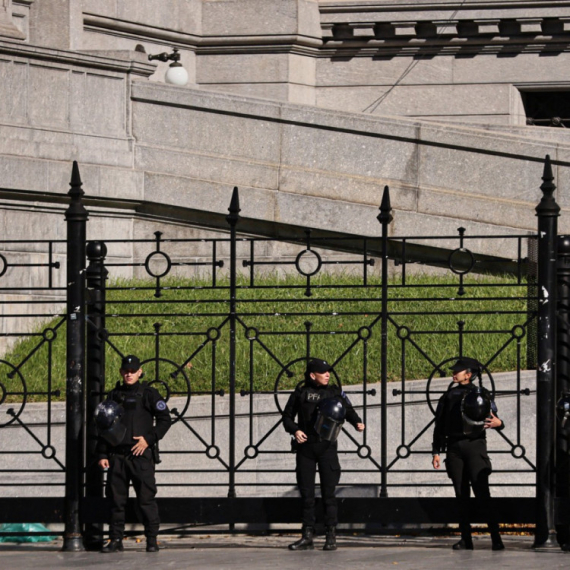

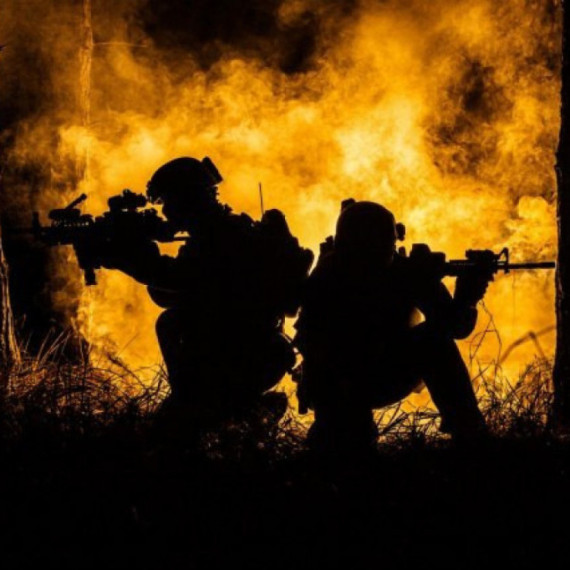
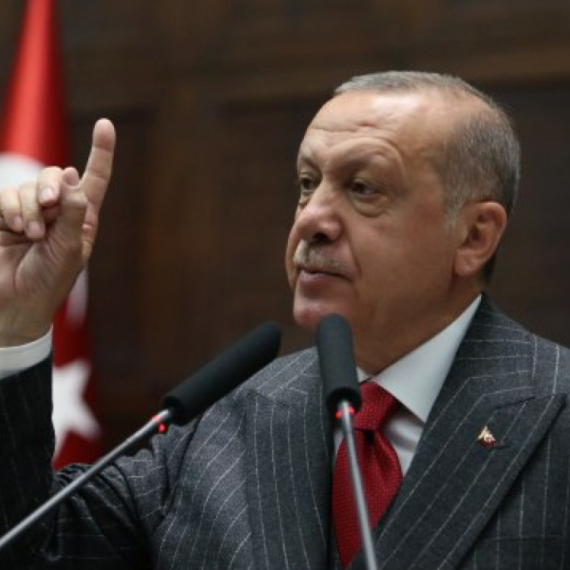





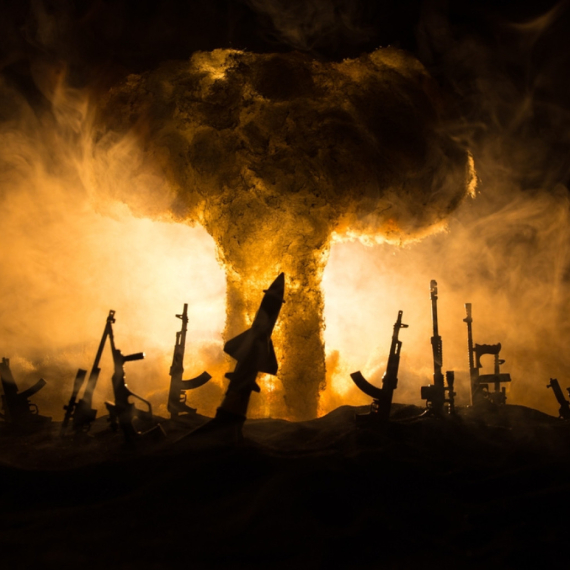



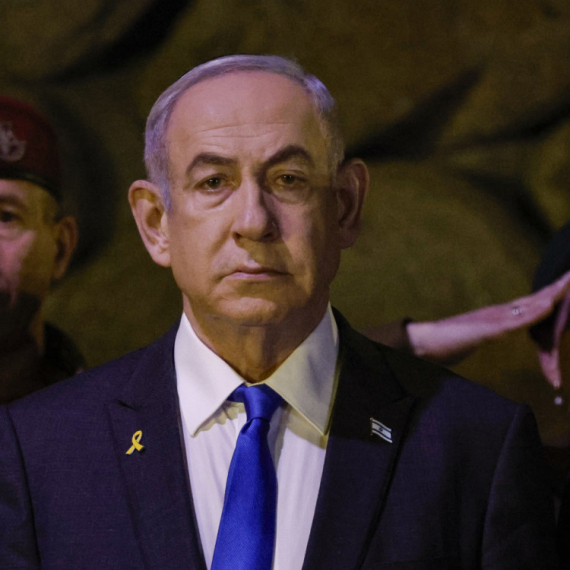
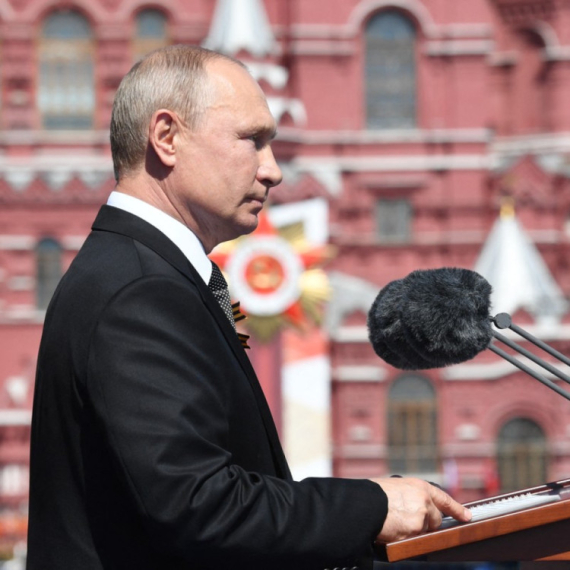




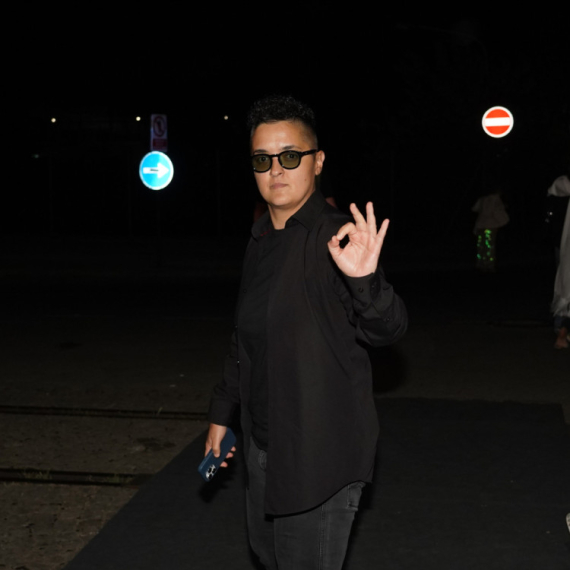





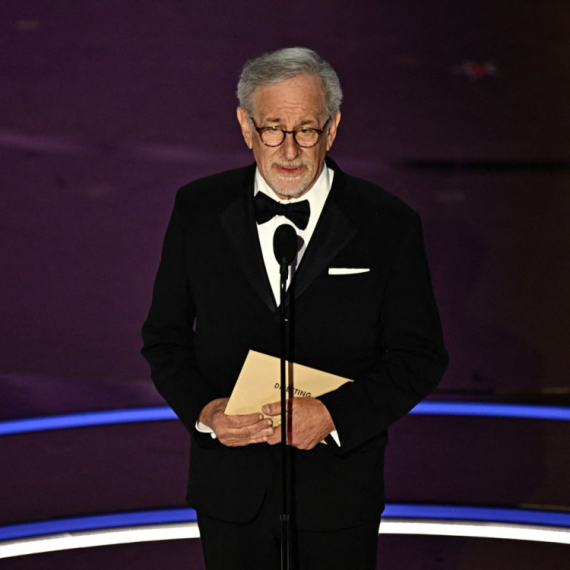

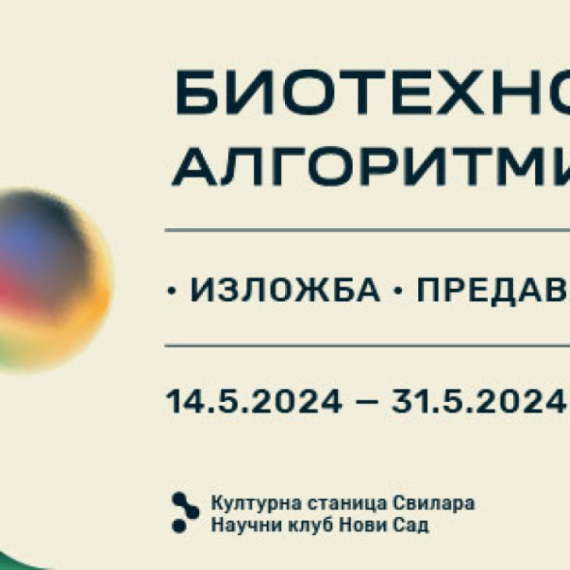



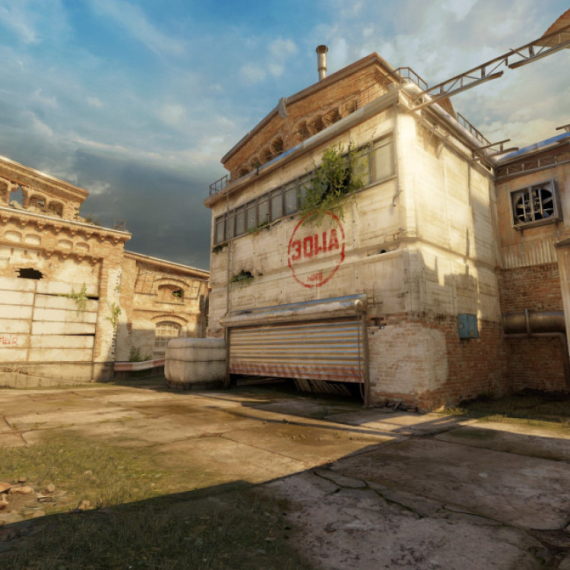




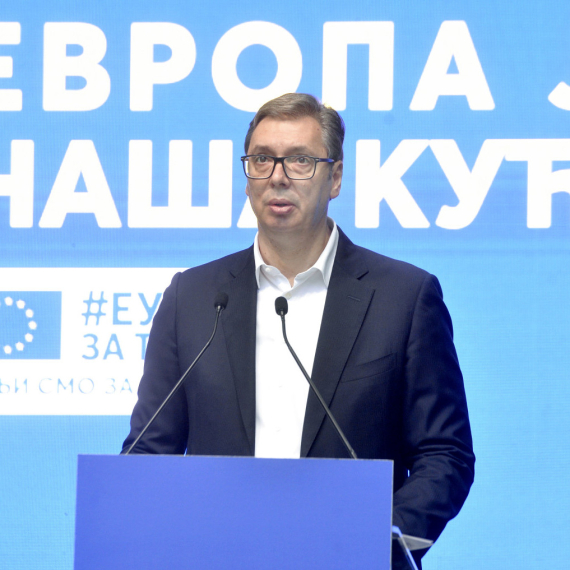
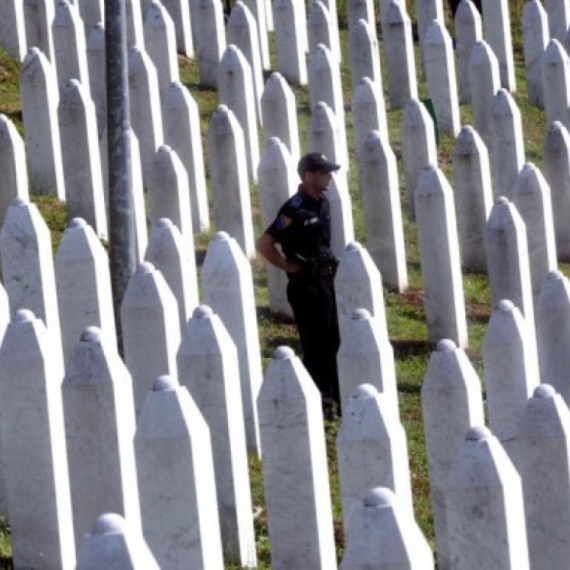
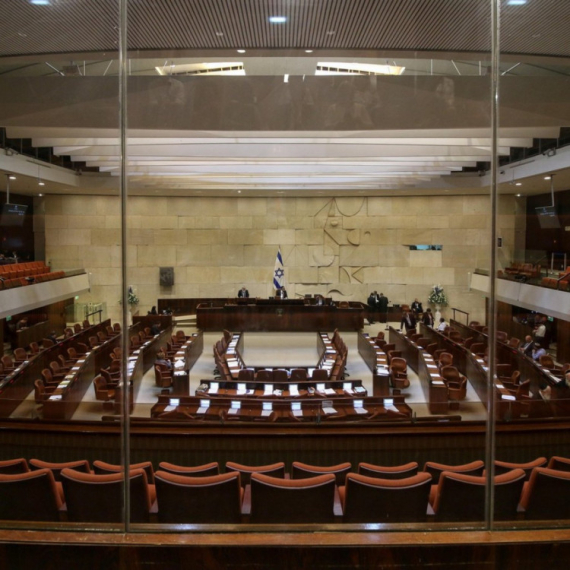













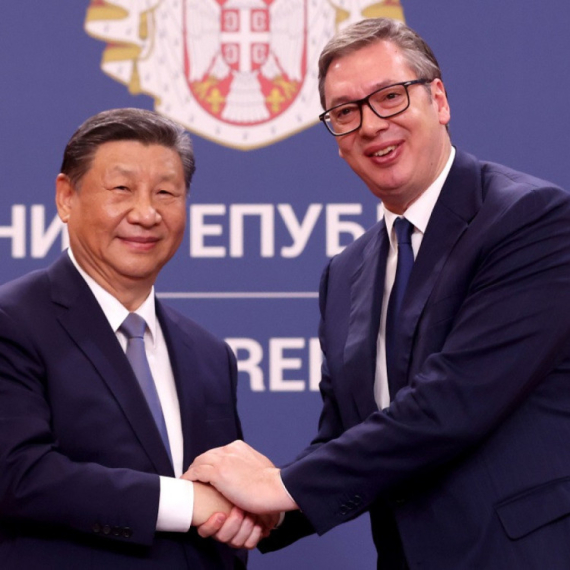
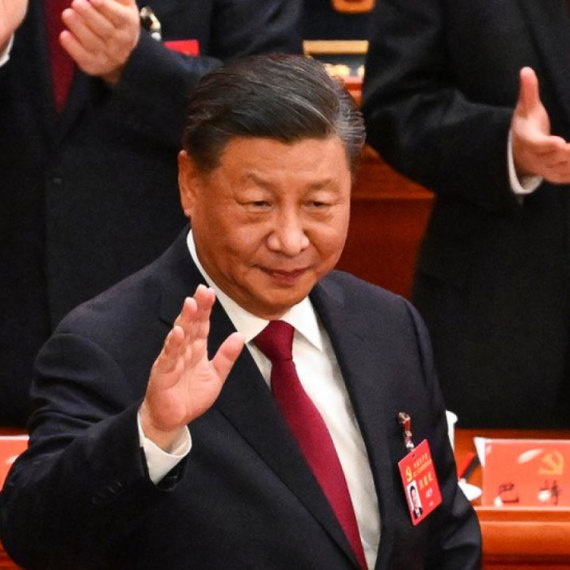


Komentari 20
Pogledaj komentare